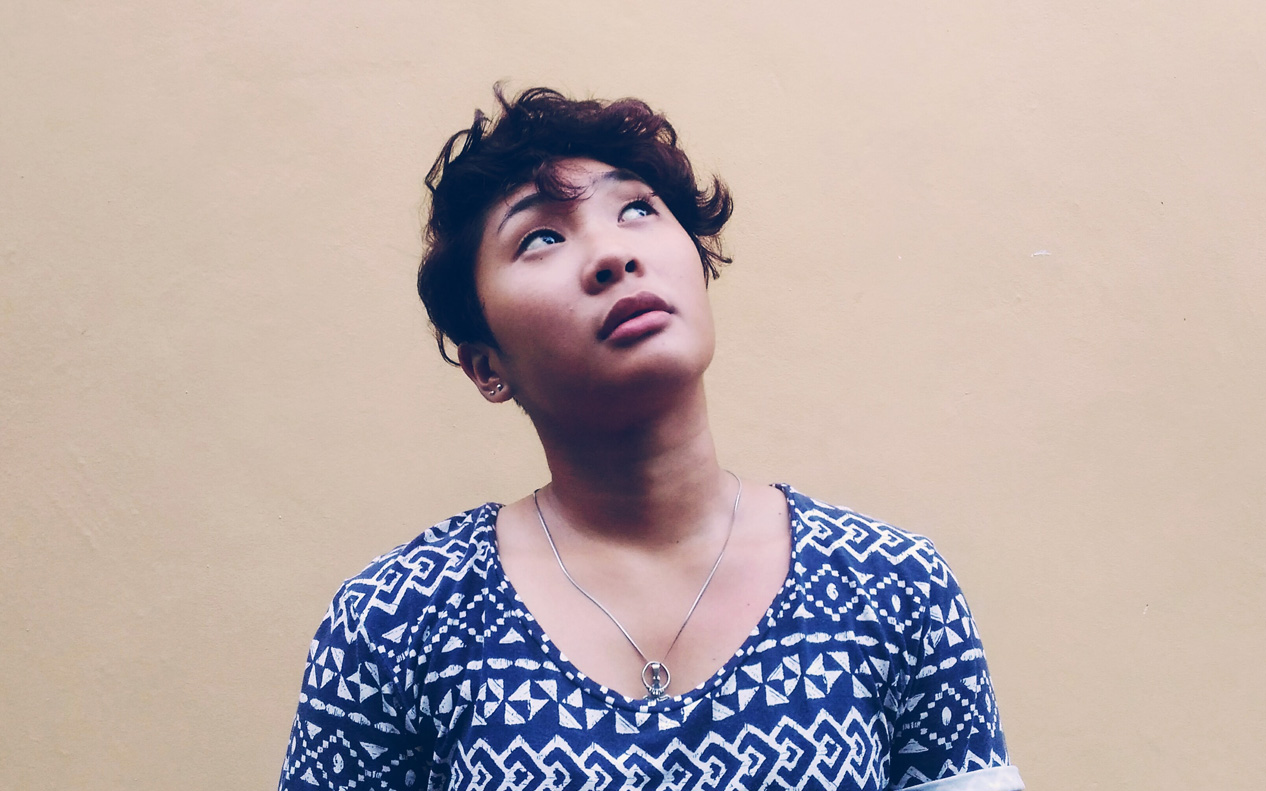I know you’ve heard it a million times, but I would be remiss if I didn’t say that 2020 was an unprecedented year. You pivoted. You bought toilet paper. You searched for meat and Lysol wipes. You bought masks, and then started to coordinate your masks with your outfits. You are all exhausted!
All joking aside, whether you realize it or not, in 2020, you experienced trauma. You experienced loss. Life as you knew it for the majority of your life came to a grinding halt by an invisible enemy. Some of you lost loved ones. Some of you took on more responsibility in your job. Some others lost your jobs. All of us had our lives radically changed.
Whether you admit it or not, the trauma from last year has affected your brain. Here’s a few tips for how to tell the difference between the blues and depression. (Disclaimer: I am not a licensed mental health counselor. I have a Master’s in Pastoral Counseling, have gone through counseling myself, have loved ones who have experienced depression, and have read a ton of resources on the topic.)
Signs of the blues:
- You have a few days in a row where you are inexplicably sad. You might cry when you’re by yourself.
- News stories, social media, reports from coworkers feel heavier than usual.
- You’re able to stick to your normal routine, but you don’t quite feel like “yourself.”
- You say “no” to social gatherings because you just don’t feel up to it.
Signs of depression:
- There are weeks in a row where you are deeply sad and unable to function. You cry very easily.
- You have deep feelings of anxiety, anger, apathy or despair. In extreme instances, you may feel suicidal. (If you are ever contemplating suicide, please call 1-800-273-8255)
- Your normal routine is labored, compromised or devastated. The joys you once had in life are gone. You might lose your appetite and feel like sleeping all of the time.
- You don’t want to do anything, especially see other people.
While the blues is a temporary feeling, depression can be an ongoing illness that can be diagnosed and treated by a professional. It is ok to feel the pain and process the grief caused by the pandemic or any other hardship you might be experiencing. However, neither one of these states of mind is a place you want to stay for very long. Seek professional help for either one of them. We all ought to talk to a counselor or licensed therapist to work through the trauma of 2020!
I will also say that loneliness is another trigger to feeling blue or depressed. We were made to be with other people! Spending those weeks and months in isolation was very damaging. Even as states reopen, paranoia, fear and anxiety linger. Reach out to someone with a phone call or video chat, meet up with a friend for a walk, or find a restaurant that serves fresh food outdoors and enjoy a healthy meal together. Even when you don’t feel up to it, being in someone else’s presence can help to improve your mood.
If you are feeling blue or depressed, don’t be ashamed. We’ve all been there in some way at some point in our lives. It’s normal. There is no shame.
Just, don’t stay there. Life is a gift. Let’s make 2021 wonderful!
PS – Read my other blog post for tips on how to manage your mental health, with resources.

 A resident of Pompano Beach, I’m a New Jersey native that loves summer too much to move home. I started The Rose Creative in 2012 with a few invitations and signage for my sister’s wedding. Now, I’ve opened my Etsy shop and expanded my business to calligraphy, logo design, jewelry making, and more. When I’m not working on my side hustle, find me reading on the beach!
A resident of Pompano Beach, I’m a New Jersey native that loves summer too much to move home. I started The Rose Creative in 2012 with a few invitations and signage for my sister’s wedding. Now, I’ve opened my Etsy shop and expanded my business to calligraphy, logo design, jewelry making, and more. When I’m not working on my side hustle, find me reading on the beach!